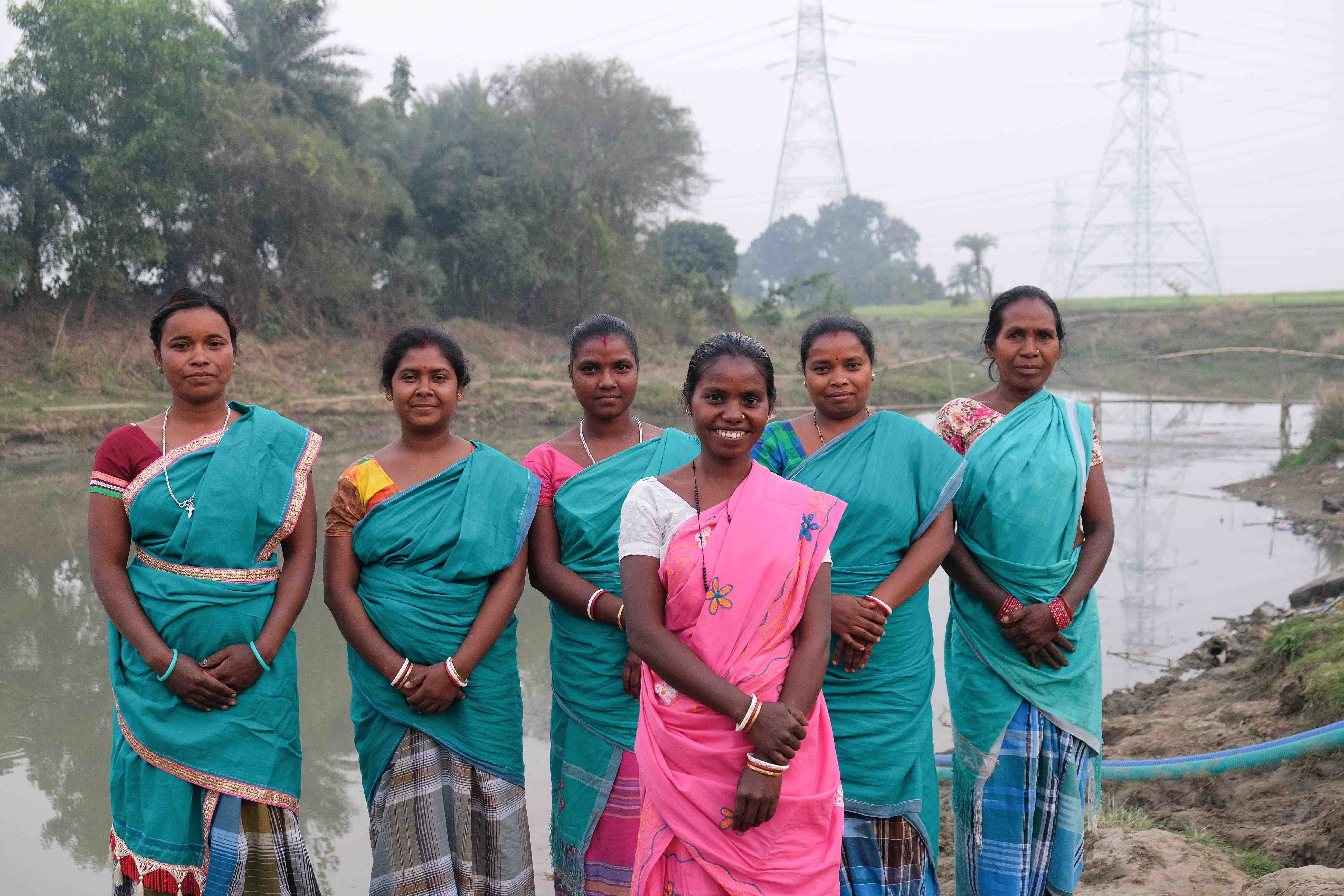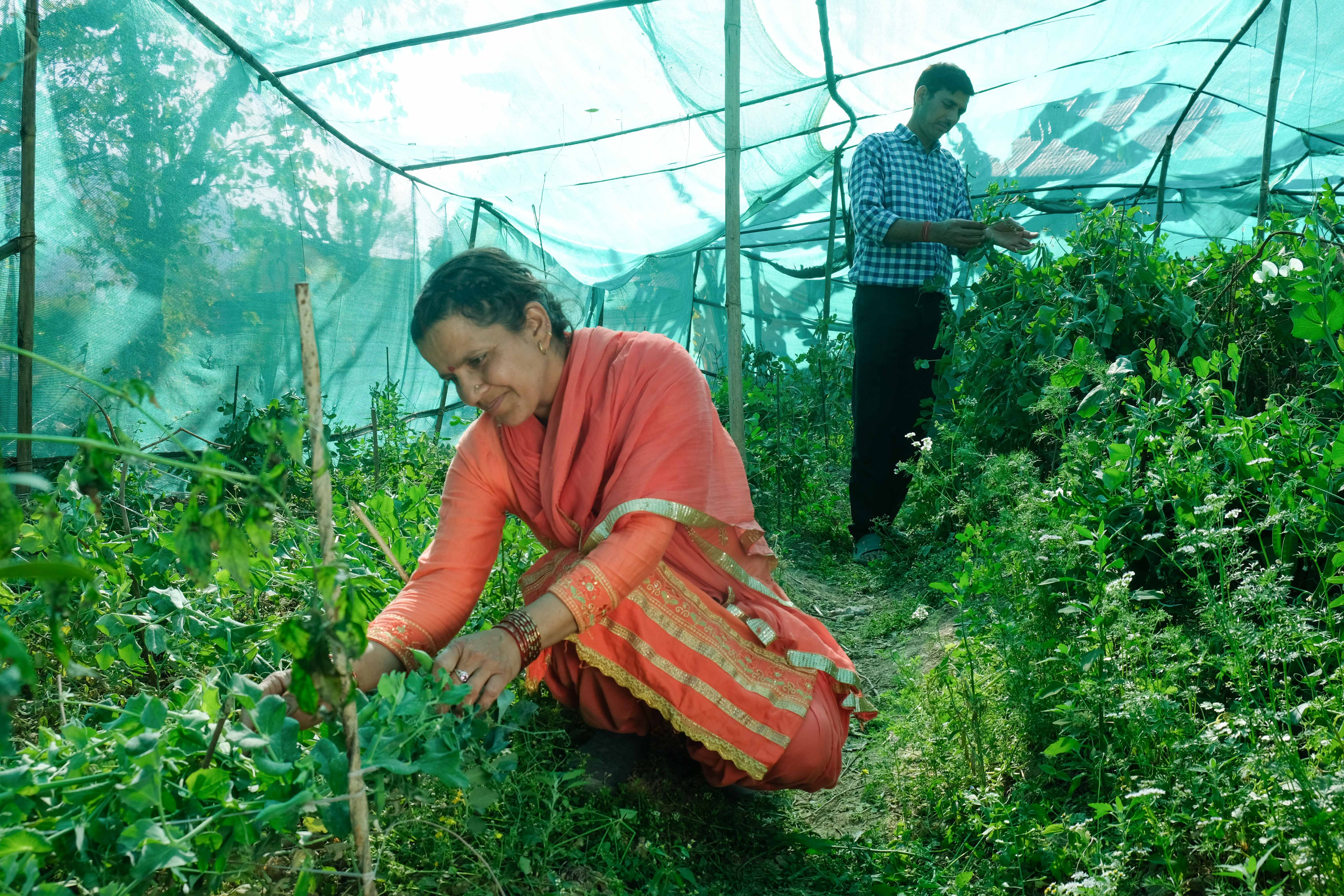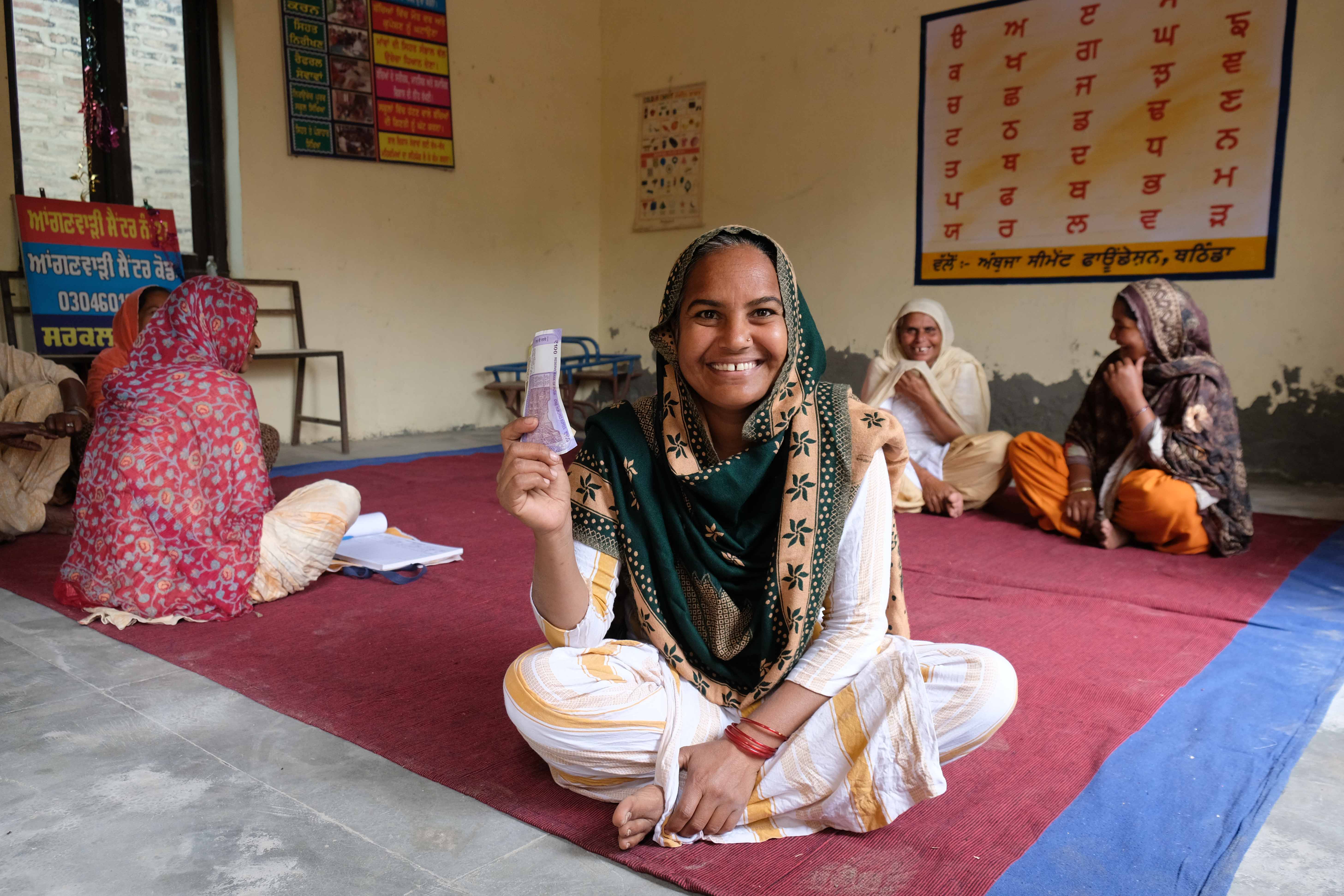In rural India, where traditional roles and limited opportunities often define the lives of women, education holds the potential to open doors that extend far beyond the school fence. It is not just about learning to read or write—it’s about building knowledge, skills, and confidence that enable women to make informed decisions, support their families, and participate actively in their communities.
The old saying, “When you educate a woman, you educate the whole family,” captures only part of the picture. In reality, educating a woman strengthens entire communities, shapes local economies, and lays the groundwork for a more prosperous and sustainable rural India.
Education as Capacity Building & Skill Transfer
True education doesn’t stop at textbooks. It involves mentoring, training, and transferring practical skills that allow women to adapt, grow, and lead. In many parts of India, especially where formal schooling ends early, this broader definition of education is helping women create vibrant, flexible livelihoods that complement their household responsibilities.
Through capacity-building workshops, vocational training, and exposure visits, women are not just learning how to stitch or rear poultry—they are learning to manage finances, navigate government schemes, run microenterprises, and market their products. From food processing to pickle-making, from reviving traditional crafts to operating retail outlets, these skill-based interventions offer women more than income—they offer agency. And this sense of agency reshapes how women see themselves—and perhaps more importantly, how their families and communities see them too.
Women in Agriculture: Reclaiming Their Role
Rural Indian women have always worked the land – usually as labour - but their contributions often remain unrecognized and undervalued. Education and training now enable them to take on more productive, informed, and remunerative roles in agriculture, and play an important role in driving diversified farm incomes, particularly in the area of livestock and allied agriculture.
Through Ambuja Foundation’s agriculture-focused programs, women are receiving training in climate-resilient farming, natural farming soil health management, organic inputs, seed preservation, and water efficient irrigation. Women farmers are learning to adopt scientific practices, diversify crops, and even become peer leaders and agricultural advisors within their communities.
By owning and managing resources like land, water, livestock, and agri-equipment, women are no longer just helpers on the farm—they are emerging as decision-makers and entrepreneurs in agriculture, and in the process, transforming food security and family livelihoods in rural India.
SHGs Provide the Lever
At the heart of this transformation is the women Self Help Group (SHG) model. Ambuja Foundation – a rural women empowerment NGO - plays a pivotal role in harnessing these platforms to enable women—drawing them out of the household, equipping them with knowledge and practical skills, and building their capacity for income generation.
Across 14 states, Ambuja Foundation is actively working for the socio-economic empowerment of women - strengthening SHGs and expanding their mandate beyond traditional savings and loans, to become platforms for learning, mutual support, and collective action on community issues.
More than just financial groups, SHGs provide a fulcrum for fostering confidence, unity, and leadership. As a result, many women have launched small or collective enterprises—mustard oil production, tailoring, goat-rearing, composting units, and beyond. Many have even progressed to forming federations of SHGs, where they pool resources, negotiate better prices, and take part in higher-level decision-making.
With its growing footprint, Ambuja Foundation currently over 3000 SHGs and 8 Women's Federation. And the ripple effect is unmistakable—impacting children, families, communities, and local economies.
The Ripple Effect of Women’s Education & Empowerment
1. Educated Mothers, Empowered Children - An educated woman is far more likely to ensure her children—both daughters and sons—attend school and stay there. She understands the value of education, encourages learning at home, and advocates for her children’s future. This has a multi-generational impact, especially in communities where literacy rates are low and early school dropouts are common. Even basic education equips mothers to engage with teachers, monitor school progress, and support homework—strengthening the link between home and school. And as education levels rise, so do aspirations—paving the way for girls to delay early marriage, pursue careers, and seek parity in their personal and professional lives.
2. Improved Health & Household Wellbeing - When women have access to health education, they make better choices for their families—from hygiene and nutrition to maternal care and preventive health. In areas with limited healthcare infrastructure, these decisions have outsized impact. Educated women are more likely to access healthcare services, adopt healthy lifestyles, and challenge harmful practices. Through Ambuja Foundation’s health program, women learn about non-communicable diseases (NCDs), reproductive health, and sanitation—empowering them to reduce risks and ensure the wellbeing of their families.
3. Economic Participation, On Their Own Terms - In rural settings, where formal employment is limited and mobility constrained, education helps women build home-based or collective enterprises. These micro-businesses—dairy farming, kitchen gardening, tailoring units, or agro-based services—allow women to contribute meaningfully to household income, while balancing caregiving roles. When women earn, families gain resilience, and communities grow stronger. More importantly, women’s income often supports children’s education, better nutrition, and improved housing—creating a virtuous cycle of development.
4. From the Margins to the Middle – Community Leadership - As women grow in knowledge and confidence, they step into leadership roles—joining village health committees, water user associations, or local panchayats. They raise their voices on issues like access to water, safety, child marriage, and domestic violence. Education enables women to claim a seat at the table, transforming them from passive recipients of welfare to active agents of change.
A More Inclusive and Prosperous Rural Future
Educating a woman is about more than literacy and school-based learning. It’s about equipping her to navigate life with confidence, dignity, and purpose. Whether she uses that education to support her child’s learning, run a small agri-business, or advocate for clean drinking water in her village, the ripple effect is undeniable.
When we invest in women’s education—both inside and outside the classroom—we invest in the building blocks of rural transformation. We build stronger families, healthier communities, and a more inclusive and prosperous future for India.








